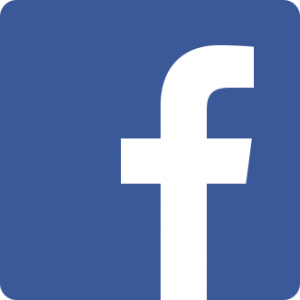 In light of repeated instances in which Facebook has blocked or removed posts documenting human rights violations, sometimes at the request of police or other authorities, more than 70 civil rights groups banded together this week to send a letter to CEO Mark Zuckerberg asking him to overhaul the way that content complaints are handled on the site so as to protect speech from marginalized groups.
In light of repeated instances in which Facebook has blocked or removed posts documenting human rights violations, sometimes at the request of police or other authorities, more than 70 civil rights groups banded together this week to send a letter to CEO Mark Zuckerberg asking him to overhaul the way that content complaints are handled on the site so as to protect speech from marginalized groups.
Signatories on the letter include the American Civil Liberties Union, the Sierra Club, numerous Palestinian and minority advocacy groups, and several independent media and citizen journalism organizations. An article at the Guardian lists some of the recent Facebook takedowns that have raised concerns among such a broad swathe of constituencies:
The campaign groups referenced the deactivation of Korryn Gaines’ account during a standoff with police, the suspension of live footage from the Dakota Access pipeline protests, the removal of historic photographs such as “napalm girl”, the disabling of Palestinian journalists’ accounts and reports of Black Lives Matter activists’ content being removed.
A dispute between Facebook and the Norwegian newspaper Aftenposten over the removal of Nick Ut’s famous 1972 photograph “The Terror of War” did lead to a slight modification in the social media giant’s policy on content that is newsworthy but also disturbing, or that may technically contravene other Facebook policies. The Pulitzer Prize-winning photo shows nine-year-old Kim Phuc, along with other South Vietnamese children and soldiers, fleeing a friendly-fire napalm attack in 1972. Phuc’s clothes were burned off in the attack, and Facebook initially cited its community guidelines on child nudity in removing the image. After an international outcry, including from Norwegian Prime Minister Erna Solberg, the photo was restored and Facebook admitted that “we recognize the history and global importance of this image in documenting a particular moment in time.”
In the wake of that controversy, Facebook announced that it will “begin allowing more items that people find newsworthy, significant, or important to the public interest — even if they might otherwise violate our standards.” By its own admission, this will likely prove difficult since the site’s moderation team attempts to apply one standard of acceptability for all countries where Facebook is active, unlike other tech companies including Google and Twitter.
The coalition letter sent this week asks Facebook to go much farther in protecting documentation of human rights abuses that are posted on its site. The advocacy groups’ recommended actions include:
- Make policies about how Facebook makes decisions to censor content clear and accessible to the public.
- Create a public appeals platform where users can appeal content censored by Facebook.
- Undergo an external audit on the equity and human rights outcomes of the Facebook Live feature, and content censorship and data sharing policies. Then institute a task force for implementing the recommendations of the audit.
- Refuse to disclose customer content and data to third party agencies unless required to by law.
Despite Facebook’s continued insistence that it is not a media company, the letter points out that it is becoming exactly that as users increasingly document breaking news through services like Facebook Live. In light of this changing role the site has voluntarily taken on, the groups say, it is high time that Facebook implement some ethical guidelines to ensure that documentation of human rights abuses is not silenced at the behest of authorities. Check out the full letter here.
Help support CBLDF’s important First Amendment work in 2016 by visiting the Rewards Zone, making a donation, or becoming a member of CBLDF!
Contributing Editor Maren Williams is a reference librarian who enjoys free speech and rescue dogs.